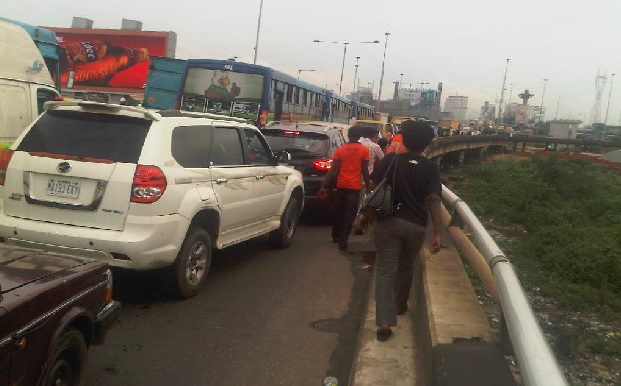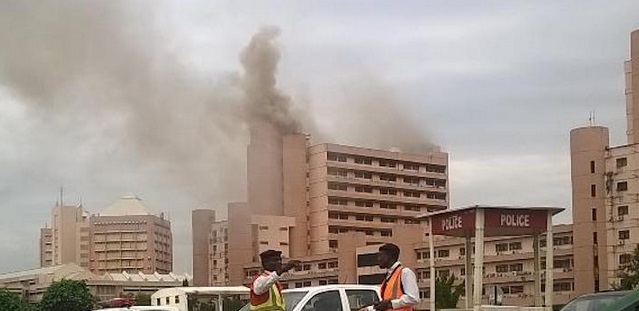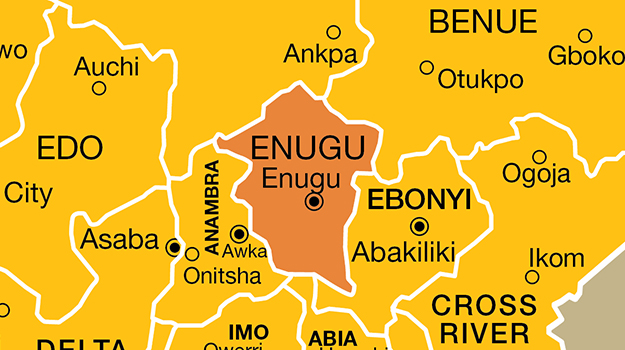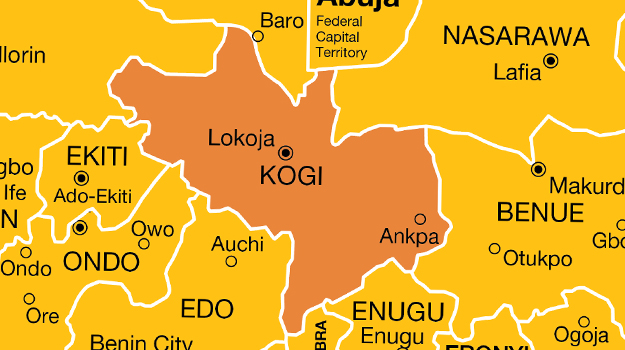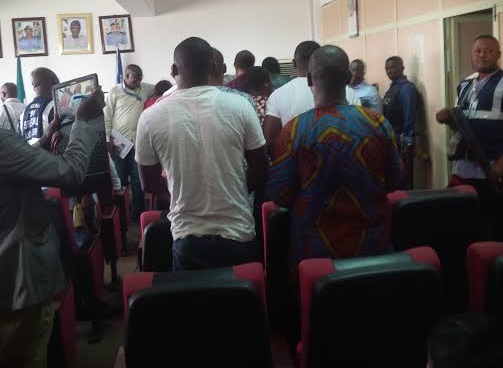Tokunbo Korodo, south-west chairman of the National Union of Petroleum and Natural Gas Workers (NUPENG), says the harrowing experience of Lagos motorists and commuters arising from the fuel scarcity and gridlock on roads may not end anytime soon.
According to Korodo, the trucks causing the gridlock on Eko, Liverpool and Coconut bridges, which has affected other major roads, such as Ikorodu road, may not leave the roads anytime soon despite the directive of the Lagos state government.
Speaking with NAN in Lagos on Thursday, he said that only three depots out of over 50 in the state had petroleum products to dispense.
“The development has compelled hundreds of trucks to head for the three depots to lift oil,” he said. “This is the key reason for the unprecedented traffic jam that has locked down Lagos in recent days.”
Advertisement
On Wednesday, Kayode opeifa, Lagos state commissioner for transportation, chaired a meeting with the stakeholders in the oil industry where the government directed the tankers and trucks to vacate the bridges and roads.
“No tanker should be seen on Eko, Liverpool and Coconut, among other bridges,” he had said.
“By Thursday, the tanker owners should make one lane available for motorists to use, pending the expiration of the ultimatum for enforcement to begin.”
Advertisement
Stakeholders at the meeting were NUPENG, petroleum tankers drivers (PID), national association of road transport owners (NARTO), association of maritime truck owners (AMATO) and independent petroleum markers association of Nigeria (IPMAN),
Residents in Nigeria’s economic capital have faced tough times trying to buy premium motor spirit, and their woes have been compounded by traffic jams on most roads in the city.
Korodo named the three depots currently having oil as capital oil and gas tank farm, ibeto oil and gas tank farm, and integrated oil and gas tank farm, all in the Apapa.
He said the gridlock would ease if trucks queuing for oil would load and leave Lagos by weekend. But observers say such scenario is unlikely.
Advertisement
Korodo suggested that the nigerian national petroleum corporation should decentralise loading of petroleum products to ease the pressure on Lagos.
“This is the only way Lagos residents can get reprieve from the gridlock, which has forced up transport fares and cost of foodstuff,” he said.
Meanwhile, many Lagos residents, including women and children resorted to trekking distances to get to their schools, businesses and places of work.
Residents of Mushin, Ojuelegba, Surulere and Constain-Apapa areas found it impossible to commute to Lagos Island because of the gridlock at Costain Roundabout.
Advertisement
Some motorists abandoned their vehicles on roads after finding it impossible to cope with the stress of making their trips.
Innocent Edewor, a civil servant residing at Iyana-Ipaja and working at Iganmu, lamented that latest fuel scarcity is worse than the previous ones.
Advertisement
“The situation is telling on my meagre income,” he said.
“It is never easy coping with Lagos traffic but the last one week has been hellish. I cannot even drop my children in school because, first, the fuel is not available and secondly the roads are heavily congested by heavy vehicles.
Advertisement
“I have, therefore, decided to let my children stay at home, until the situation gets better. I pay as much as N350 from Iyana-Ipaja to this place and most of the time I have to trek long distances. If I have my way, this is the time to leave Lagos.”
In a related development, traders on Lagos Island are lamenting poor sales because of the inability of people to get to the island.
Advertisement
“Nobody is coming to patronise us at Balogun Market. Which road will they ply to come to the market? Olubunmi Erinle, a shop owner, said.
“Our leaders should be proactive to prevent situations like this because everyone is suffering. The hardship is too much.”
Add a comment
